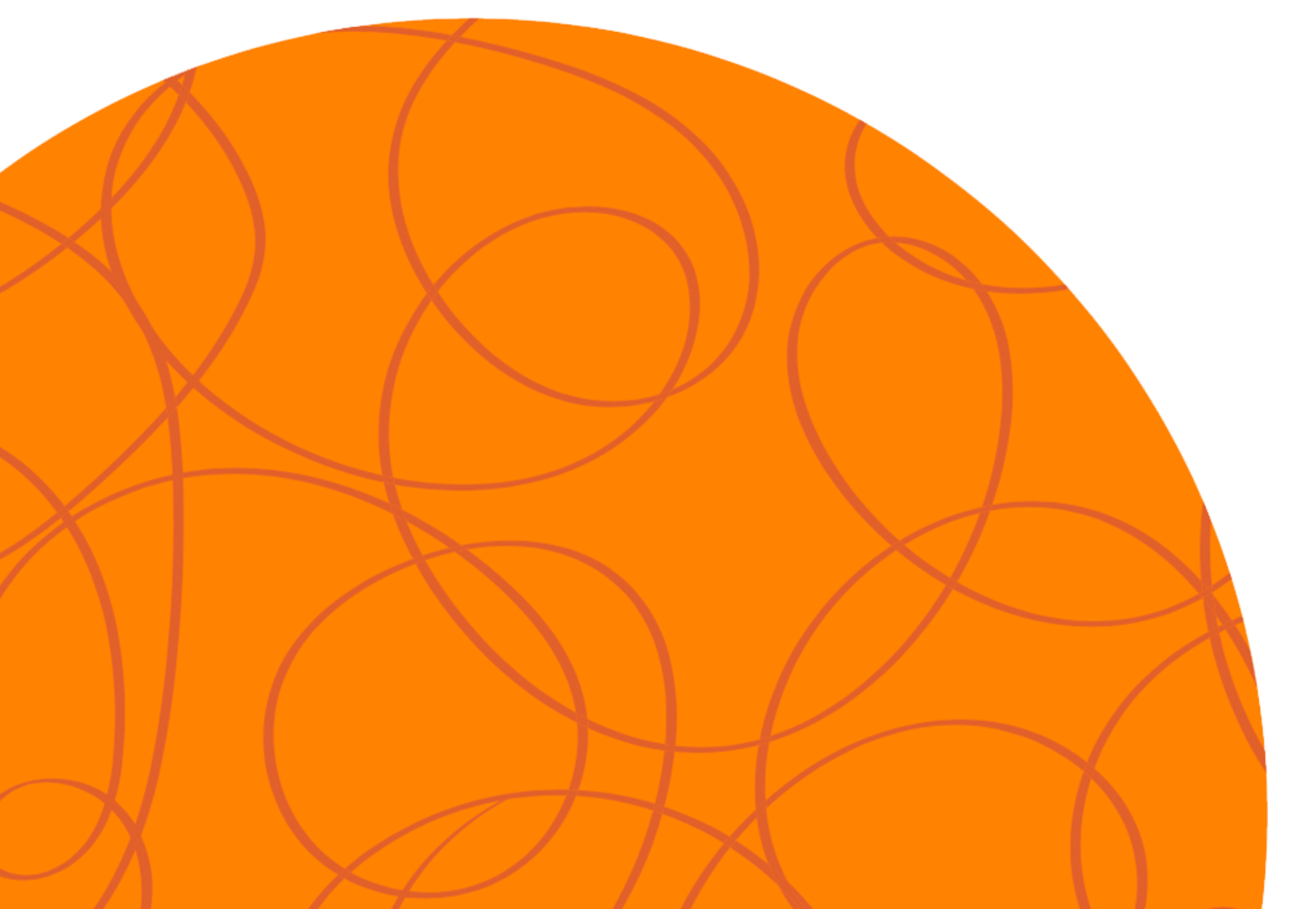Regressive autism is a condition where a child who appears to be developing typically suddenly experiences a regression in their social or communication skills. This is called regressive autism, but you may also hear it called “autism with regression”, “autistic regression” and “developmental regression”.
The first signs and symptoms of regressive autism are usually seen between the age of 12 and 20 months. During this time, the child begins to exhibit the first signs and symptoms of autism. The loss of speech, communication and or motor skills can be fast or slow.
It’s essential for regressive autism to be caught early so that the appropriate support and therapies can be implemented to help children thrive. Continue reading to learn more about regressive autism, its signs and symptoms and what you can do if you suspect regressive autism in your child.
How Common is Regressive Autism?
It was commonly thought that regressive autism was a rare subset of autism but recent research has shown that it is more prevalent than previously thought.
It is now believed that almost 1⁄3 of all cases of autism demonstrate some regressive aspects. A child with regressive autism will develop neurotypically until the first 12-24 months of age, followed by a regression and loss of previously achieved developmental and verbal skills.
What Causes Regressive Autism?
The exact cause of regressive autism is not fully understood and remains a topic of ongoing research and debate within the scientific community.
Autism itself is a complex neurodevelopmental disorder with a wide range of potential contributing factors, including genetic, environmental, and neurological factors. Regressive autism adds another layer of complexity due to the sudden loss of previously acquired skills.
Some contributing factors may include:
- Genetics: Certain genetic mutations might increase regression risk.
- Neurodevelopment: Brain connectivity disruptions could contribute.
- Immune System: Immune dysfunction and inflammation may play a role.
- Environment: Toxins, infections, or stressors could impact development.
- Gut–Brain: Gut microbiome changes might be connected to regression.
Signs and Symptoms of Regressive Autism
Here are the key signs and symptoms associated with regressive autism:
- Loss of Skills: Children with regressive autism experience a notable decline in skills they had previously acquired. This could include language abilities, social interactions, motor skills, and other developmental milestones.
- Emergence of Autism Traits: Alongside the loss of skills, characteristic features of autism become more pronounced. These traits often include difficulties in communication, social interaction challenges, repetitive behaviours, and restricted interests.
- Rapid Onset: Regressive autism typically manifests between the ages of 1.5 to 3 years, with the loss of skills occurring relatively rapidly over a short period. This sudden regression sets it apart from other forms of autism.
- Language Impairment: Language regression is a common hallmark of regressive autism. Children who were previously speaking may lose their ability to communicate verbally or experience a significant decline in their language skills.
- Social Withdrawal: Children with regressive autism may exhibit a sudden withdrawal from social interactions. They might become less responsive, show reduced interest in peers, and display behaviours indicative of social challenges.
- Behavioural Changes: Increased repetitive behaviours and sensory sensitivities are often observed during the period of regression. These behaviours can range from repetitive movements to fixations on certain objects or patterns.
How to Get a Diagnosis
It’s important to note that not all people with autism experience regression. While regressive autism is a distinct pattern, autism itself is a spectrum, meaning it presents in various ways across different individuals.
If you suspect regressive autism in a child, seeking professional evaluation and guidance is crucial for early intervention and support. Receiving an autism diagnosis typically follows this pattern:
- Consult Your GP: Start by discussing concerns with your GP or your child’s paediatrician. They can offer guidance and refer you to specialists if needed.
- Specialist Referral: Specialists such as child psychologists or developmental paediatricians can conduct a comprehensive assessment.
- Diagnostic Assessment: This evaluation will involve observing behaviour, communication, and interactions. Tools like the Autism Diagnostic Observation Schedule (ADOS) may be used.
What Support is Available for Children with Regressive Autism?
Navigating regressive autism can be complex, but with the available support networks in the UK, you’re not alone. By leveraging these resources, you can create a supportive environment that nurtures your child’s development and overall well-being.
- GP Consultation: Your GP is the initial point of contact. They can provide guidance, address your concerns, and refer you to specialists who can offer further insights.
- Specialist Assessment: Specialists such as child psychologists and developmental paediatricians have expertise in diagnosing and understanding regressive autism. Through thorough assessments, they can determine the best approach to support your child’s unique needs.
- Early Interventions: Early intervention is crucial. Accessing services like speech therapy, occupational therapy, and behavioural interventions can make a significant difference in helping your child develop essential skills and manage challenges effectively.
- NHS Resources: The NHS provides valuable resources. You can benefit from services like speech and language therapy, which can help build communication skills and referrals to specialised autism clinics that offer comprehensive support.
- Education Plan: Collaboration with educational institutions is essential. Working closely with your child’s school can result in the development of an Individual Education Plan (IEP). This plan tailors education to your child’s specific needs, ensuring they receive the support and accommodations they need within the educational environment.
Specialist Autism Support from Liaise
Liaise offers supported living and residential care services for people with autism and other complex needs.
Each of our homes provides a safe and therapeutic environment where individuals with complex care needs can flourish and grow their independent living skills. All our homes are run by experienced and highly skilled staff dedicated to providing extraordinary support.
Every day, every step of the way, we are here to help you thrive. Contact our friendly team to learn more about our autism care and support services. We look forward to hearing from you.





